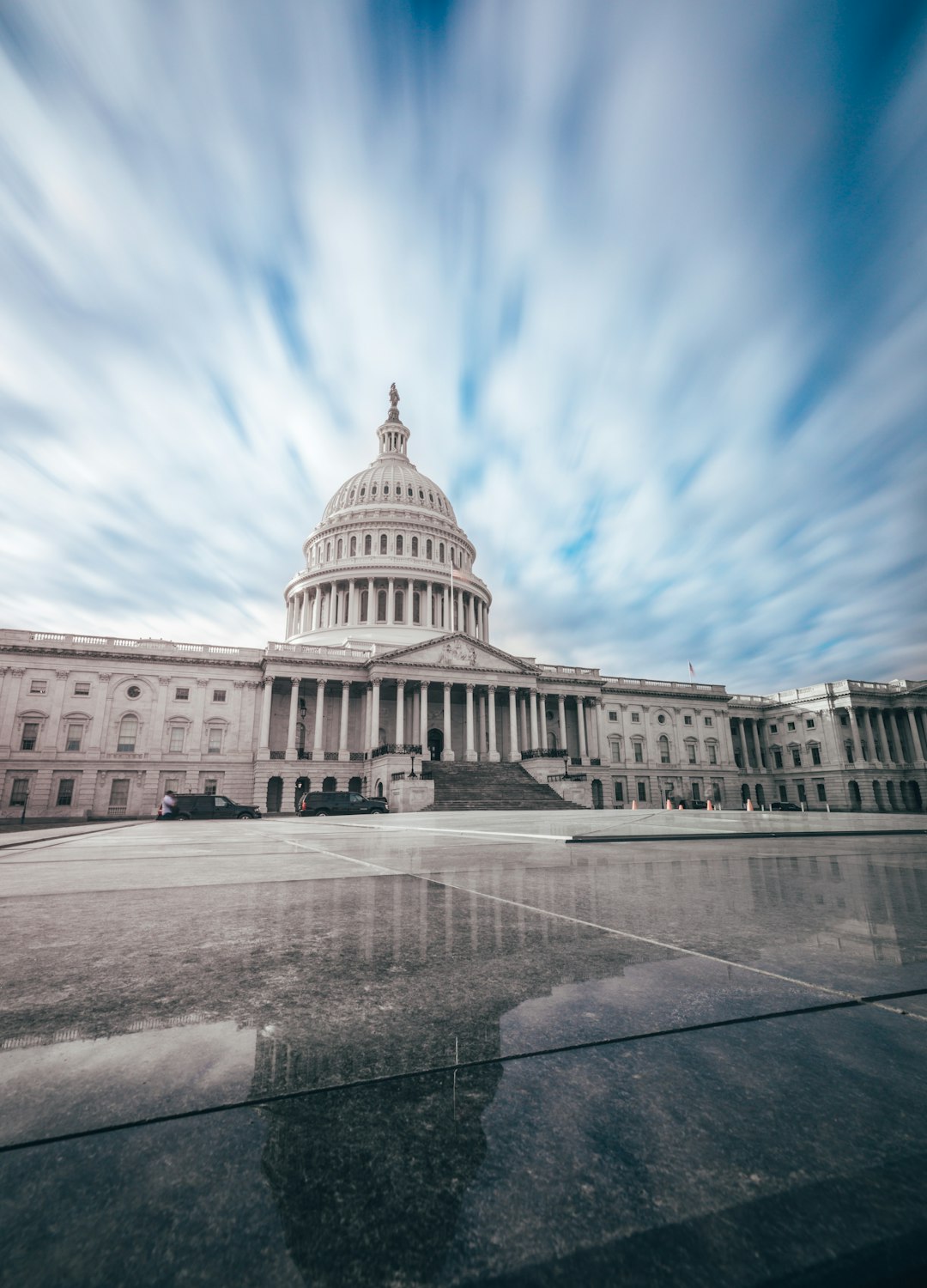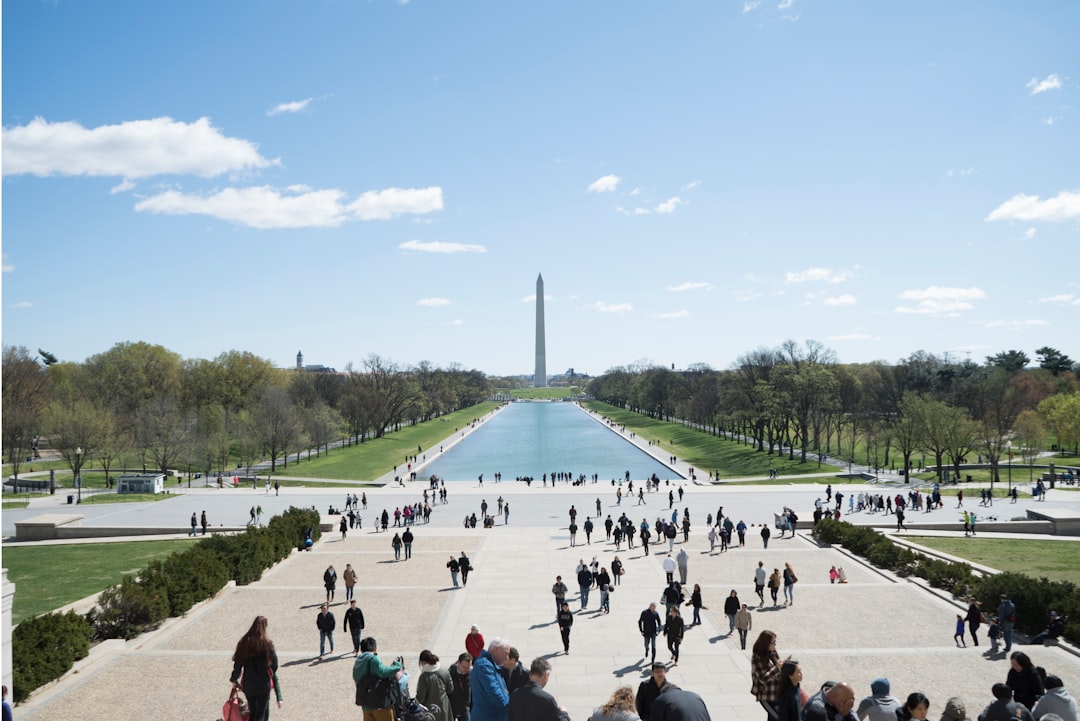Hatton, Washington's ghost town, has become a hotspot for phone scammers. To combat this, residents can leverage the Telephone Consumer Protection Act (TCPA) and consult with specialized spam call law firms or lawyers in Washington. By combining strategies like registering on the National Do Not Call Registry, reporting spam, using blocking apps, and seeking legal guidance, Washingtonians can effectively stop unwanted calls and protect their peace of mind from relentless harassment.
“Hatton, a ghost town nestled in Adams County, Washington, holds historical secrets that unexpectedly link it to modern-day irritants—phone scammers. This small community’s forgotten tale highlights the ongoing battle against spam calls, which remains a significant concern for residents across the state. With the Telephone Consumer Protection Act (TCPA) as their shield, Washingtonians now have powerful legal tools at their disposal.
This article explores both the historical narrative of Hatton and the practical steps residents can take to combat unwanted spam calls, backed by expert insights from leading Spam Call law firms in Washington.”
Unveiling Hatton: Adams County's Ghost Town and Its Connection to Phone Scammers

Hatton, nestled in Adams County, Washington, is more than just a name on a map; it’s a ghost town that haunts phone scammers. This forgotten place isn’t just a historical curiosity but serves as a cautionary tale for residents facing relentless spam calls. The connection between Hatton and these unwanted calls might seem obscure, but it lies in the legal framework that protects citizens from such harassment.
Understanding how to stop spam calls involves knowing the law, specifically the Telephone Consumer Protection Act (TCPA). A spam call law firm or lawyer specializing in TCPA cases in Washington can provide guidance on blocking these calls and seeking recourse when necessary. By shedding light on this hidden corner of Adams County, residents can learn not just about Hatton’s history but also about their rights and the means to protect themselves from persistent phone scammers.
Understanding the TCPA (Telephone Consumer Protection Act) in Washington State

In Washington State, the Telephone Consumer Protection Act (TCPA) plays a pivotal role in mitigating unwanted phone scams and spam calls. This federal law grants consumers powerful tools to protect their privacy and manage intrusive telemarketing practices. Understanding the TCPA is essential for anyone looking to stop spam calls in Washington. It strictly regulates how businesses can contact consumers via telephone, with provisions specifically targeting automated or prerecorded messages.
Washington residents can take several steps to combat spam calls. Engaging a spam call law firm or lawyer specializing in TCPA cases is one effective strategy. These legal experts can guide individuals on how to stop spam calls by advising them on their rights and available remedies. Additionally, consumers can register with the National Do Not Call Registry, report spam calls to relevant authorities, and utilize blocking apps designed to identify and block such calls. By combining these measures, Washington State residents can actively defend themselves against persistent phone scams and enjoy a quieter, more peaceful communication environment.
Strategies to Combat Spam Calls: Legal Options and Practical Measures for Washington Residents

Spam calls are a pervasive issue in Washington and across the nation, but residents have several legal options and practical measures available to combat this growing problem. One effective approach is to register on the National Do Not Call Registry, which restricts telemarketers from calling personal phone numbers. This simple step can significantly reduce the volume of unwanted calls.
Additionally, many spam call law firms in Washington offer specialized services to help individuals navigate the Telephone Consumer Protection Act (TCPA). Engaging a lawyer for TCPA in Washington can provide powerful legal recourse against persistent spammers. These professionals can educate residents on their rights and take aggressive action against companies violating TCPA regulations, ensuring that unwanted calls are stopped and accountable parties are held responsible.






